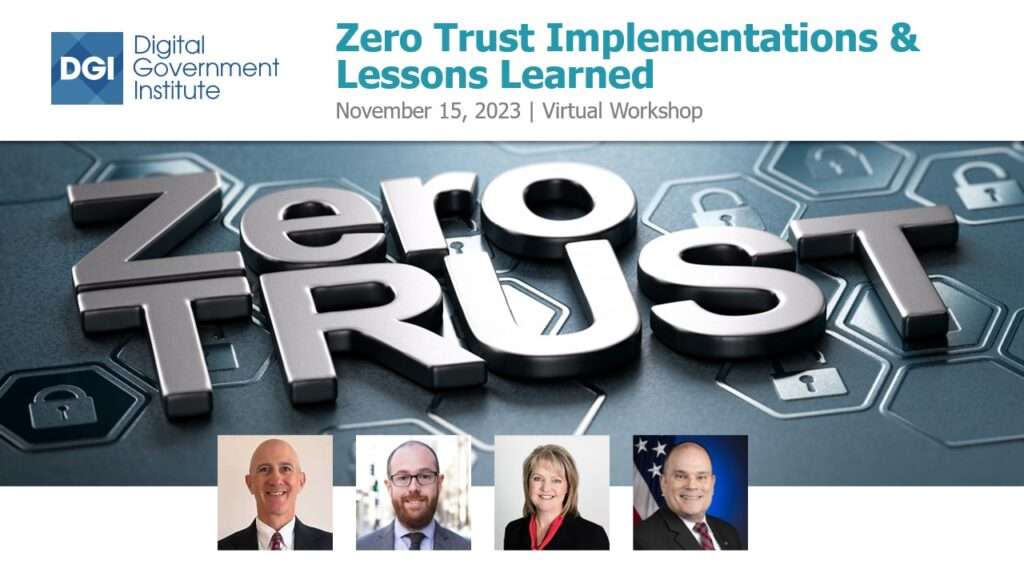Event Recap: Zero Trust Implementations & Lessons Learned

“Over the course of 2022, cloud exploitation increased by 95%”, according to CrowdStrike’s Executive Strategist, Deborah Blyth. There have been a number of other developments and changes that she says also “make the implementation of Zero Trust more important today than it may have been to your organization a few years back.” Gram Slingbaum, Federal Solutions Engineer quotes a 2022 report, CyberArk Identity Security Threat Landscape, that ‘63% of organizations have faced a successful cybersecurity attack due to an identity security related issue’ and acknowledges that “obviously, Zero Trust as a big, vast undertaking.” Blyth claims a key answer in addressing this lies in “real-time analysis and response”. If you want more, see how these experts, along with government professionals, speak about the following:
- Zero Trust: History, challenges & requirements, per GAO
- Biggest hurdles to agencies getting to a comprehensive zero trust posture
- Advice for smaller government agencies on zero trust implementations
- How to meet Zero Trust and the Executive Order 14028 objectives and goals
- Reducing the attack vector with secure Multi-factor Authentication (MFA)
- How to effectively pitch the concept of Zero Trust to individuals who greatly value convenience and currently operate without formal security policies
- Why it’s so difficult to get a unified solution with fewer vendors
- NASA Case Study on their Zero Trust journey and maturity level
- Case studies on two high profile security breaches
- Addressing four key areas: Breakout time, identity-based attacks, cloud-based attacks, and the use of remote monitoring and management tools
Sponsors: CyberArk, TD Synnex, Crowdstrike
